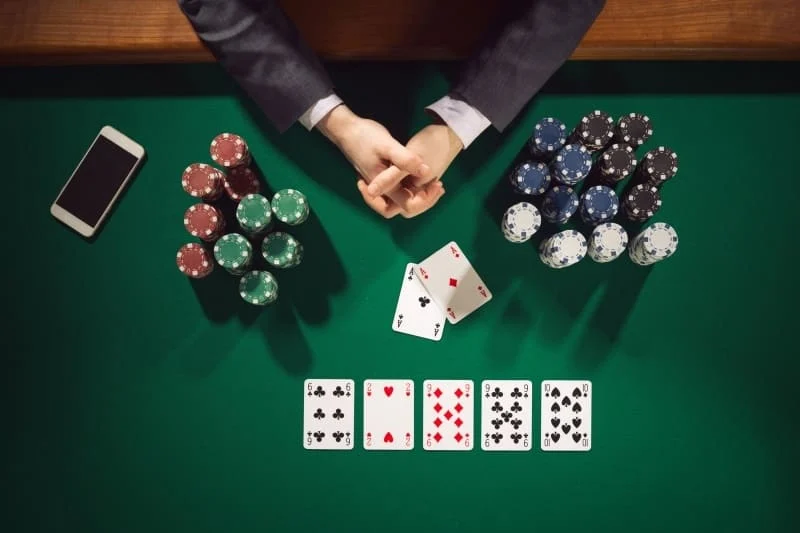The Turn: When Most Poker Players Without A Hand Decide To Fold
Poker is a game of skill, and the best players are constantly trying to improve their game. But there’s a lot of luck involved in any game, and when you’re playing poker, you play against a bunch of other people who have their own hands and strategies.

The turn is often considered one of the most important moments in a hand because it’s when you get to see who has what cards before you make your final decision. If you decide to stay in the hand, it means that you think your chances of winning are better than folding—but if you fold, it means that your hand isn’t good enough to risk losing money on.
When most poker players without a hand decide to fold, it’s because they don’t think their cards are strong enough for them to win. When someone does have a good hand, though? They might decide not only that they have good cards but also that they can bluff their opponents into thinking they don’t have anything at all!
Deciding When to Fold in Poker
When you’re at the poker table, you might find yourself in a situation where most of your opponents decide to fold. This is often a good time to call it quits on your hand, too. The turn is an important opportunity for you to make an informed choice about whether or not to fold. Because they have no cards in their hand, they don’t have any information about what might happen during the game—and so it’s up to you to make sure that you don’t get caught up in the bluff!
Here’s why: If everyone else folds, then no one will see the cards that are dealt next (the “river”), and those cards could change everything. So, if you’re still holding onto hopes of winning with your hand… well, good luck with that!
If you do choose to stick around, remember that calling bets or raising them doesn’t necessarily mean you have a good hand. You should only be doing it if there are still people in the game who might have something better than yours—otherwise there’s no point in staying!
There are many different ways for players without hands to bluff: They might raise bets dramatically; they might make lots of noise; or they might even change their facial expressions or body language during play. But before you fall for these tricks, remember: You’re playing against someone who doesn’t have any information about what could happen next and so can’t be trusted!

